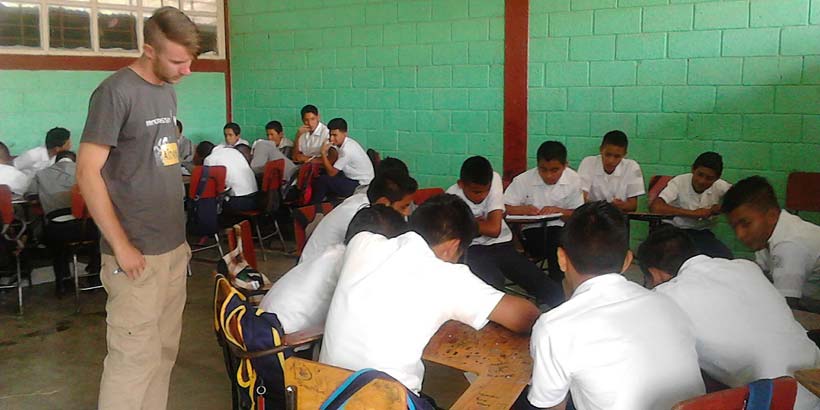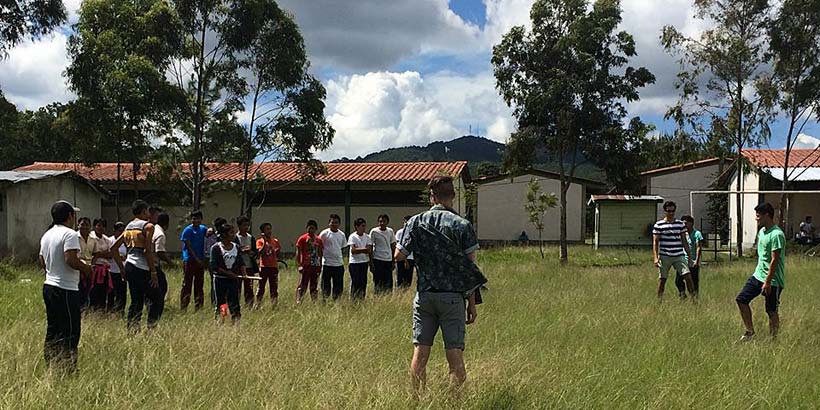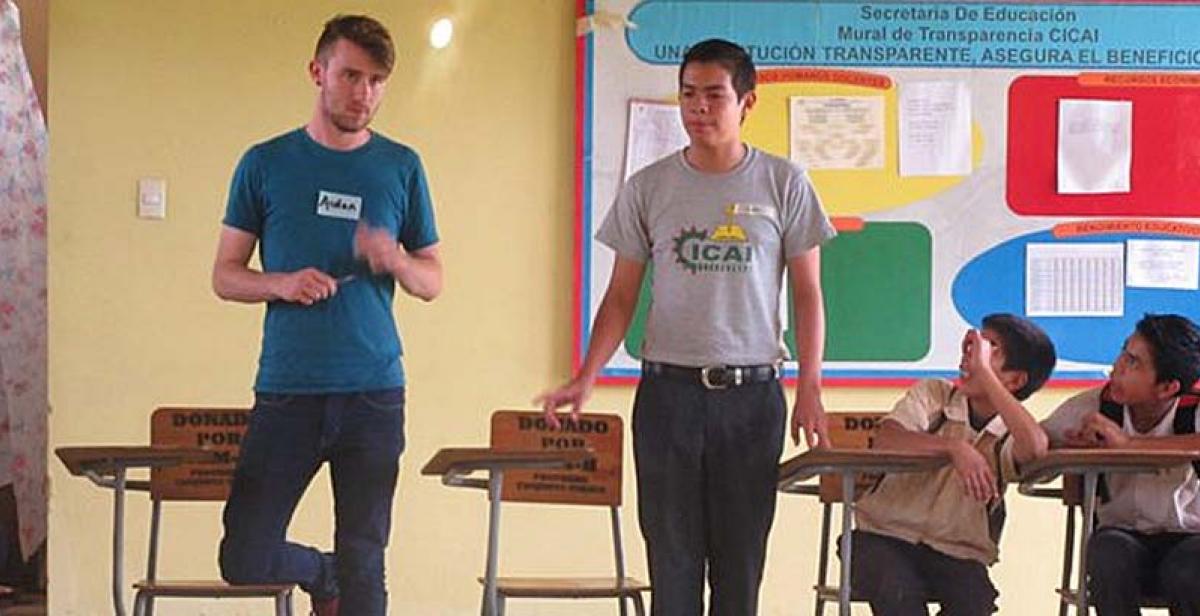To be honest with you, that saying has always baffled me. I have been a qualified teacher for just over two years now and I know with absolute certainty that it wasn’t written by a teacher. Nor could it have been written by someone who was friends with or related to a teacher for that matter. It shows a very clear viewpoint that teaching is a bit of an easy career.
From experience, I can tell you that teaching is not easy. Exactly a year ago, for a number of reasons, I was having trouble completing my induction - the process through which new teachers are assessed and evaluated against the Teacher Standards during their first year in the profession - and I was concerned that I may not teach again. The challenges that schools face due to excessively high expectations, and the lengths senior leadership will go to as a result, were very clear to me and it was a difficult time. However, with the help of the National Union of Teachers, friends and family, as well as having the opportunity to work in an extremely supportive school, I recently completed my Newly Qualified Teacher year.
Following numerous discussions with university peers and work colleagues, I have found that my story is not a rare one. This is undoubtedly one of the reasons the drop-out rate for new (and experienced) teachers is currently at its highest for a decade. In fact, I may have just added to that statistic because I find myself writing this blog in Honduras, at the start of what I plan to be at least a year long break from teaching. However, by some twist of fate, being here has made me realise just how lucky teachers in England are.

Here in Honduras I am working with a group of volunteers, based at a technological school for the youth of the local community. The school teaches the usual range of subjects in the mornings, with afternoon classes being dedicated to workshops. The boys have a choice of metal or wood work, while the girls have access to sewing, weaving or cooking classes. The other British volunteers and I have commented numerous times already on how positive it is that the children here have access to such practical subjects since, like many of the youth in England, they may not be particularly academic or want to study theoretical subjects. We have also commented that it would be great to see open access for both genders to all workshops, but that’s another topic altogether!
The problem, though, is that schools here are incredibly under-resourced and these children are only able to complete work in these subjects if they come to school prepared with their own materials. That may not seem completely unreasonable, but when you consider the home backgrounds of the school’s catchment, you begin to realise that it isn’t always possible. As a result, there are children who appear to be doing very little in the afternoons, and certainly not making progress (a buzz word in English education – Ofsted would not be happy!).
As well as this, there is a very real lack of sanitation. Like many homes in the town, there is no running water or working plumbing system at the school, which means that flushing and cleaning the toilet is a job that takes some effort. This has resulted in conditions similar to something you might see in an episode of ‘How Clean is Your House?’ (I’m sure Ofsted would have concerns!)
Today we had the chance to teach at a secondary school, sex education of all topics, and really experience what teachers do here on a daily basis. What we were faced with was overcrowded classes of children, sitting on uncomfortable chairs in bare rooms, and trying to engage 50 or more youths with a subject that always causes its fair share of amusement was challenge enough for me. However, by one teacher’s account, this can be a regular occurrence with the added challenge of half the children lacking seats. (What would Ofsted think of that?!)
Add to this the fact that recently - in fact, on their last day of school - the students were informed that directors (or head teachers) in the department (or county) had decided that the children needed an extra three weeks of classes before they were ready for their exams, which no-one (including teachers) had any power to dispute.

By no means do I wish to paint a damning picture of the Honduran education system, since there are certainly advantages to being a teacher in Honduras. For example, the lack of a regulatory body means the teachers are extremely relaxed about their jobs and aside from the stresses mentioned above, I can imagine staff rooms here are a lot less flustered! Equally, classes here are made up of solely native speakers, which means there is not the same need to differentiate resources in terms of language as can be found in many schools in England, with sometimes as much as 90 per cent of children having English as an additional language.
This experience has definitely highlighted some of the things we teachers should be very thankful for in the United Kingdom and when I do eventually return to teaching, I will remember what I have learnt here and catch myself the next time I curse the fully-stocked art cupboard for being a little disorganised.
Written by ICS volunteer Aidan Fielding



